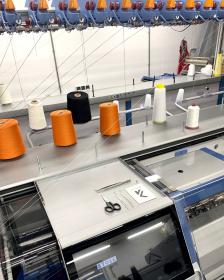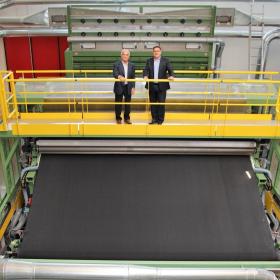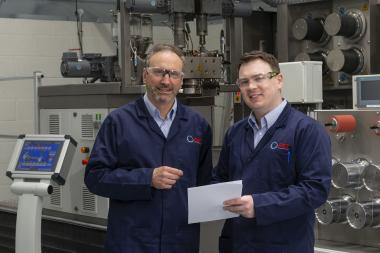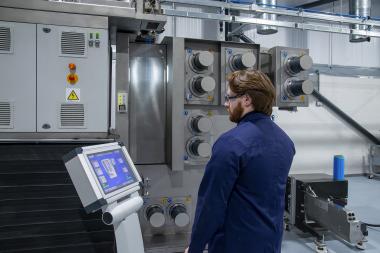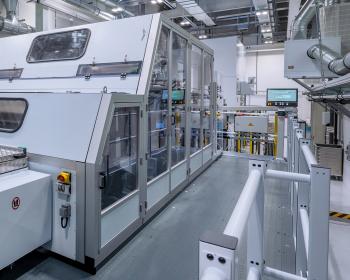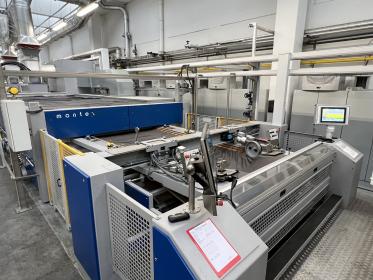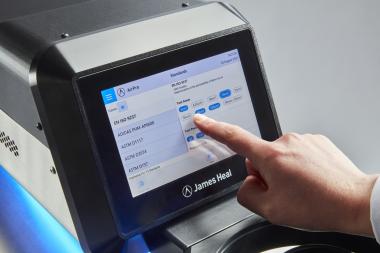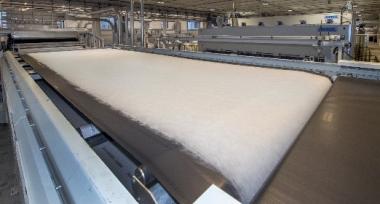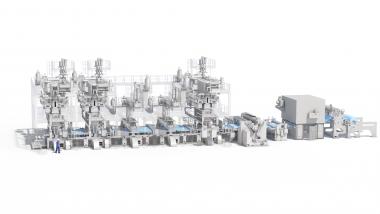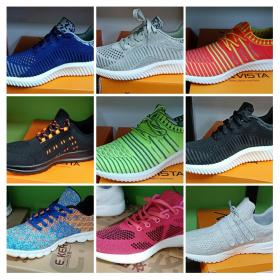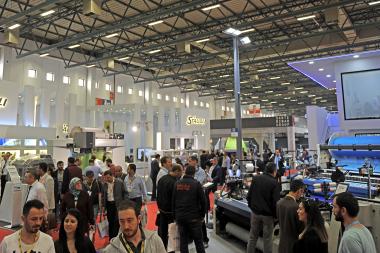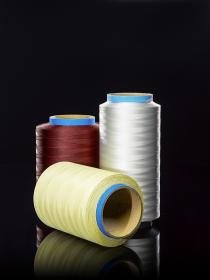KARL MAYER TURKEY appoints General Manager
Toros Greenhalgh becomes General Manager of the new KARL MAYER subsidiary in Türkiye
In October 2023, the KARL MAYER GROUP established its own site in Bursa, Türkiye, thus increasing its presence in one of its most important markets. KARL MAYER TURKEY will meet increasing customer demands for after-sales service, spare parts (Care Solutions), and academy, in the sectors of warp knitting and warp preparation, while KARL MAYER’s long-standing regional representative ERKO focuses on machine sales.
Toros Greenhalgh was appointed General Manager of KARL MAYER TURKEY on February 1st of this year. Holding a degree in mechanical engineering and materials science from the University of Birmingham, he comes with experience in the fields of industrial plant construction management, renewable energy technologies, and the distribution of medical devices. For the past seven years he has been active in the sector of textile machinery through ERKO with particular focus on KARL MAYER machine sales, service, and spare parts.
KARL MAYER GROUP





